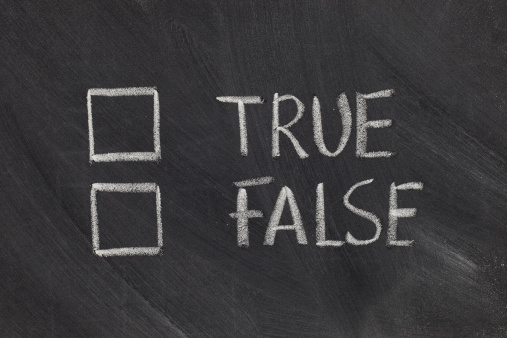Do Political Candidates Just Flat-Out Lie?
Truth. Some people think that the truth can be hidden with a little cover-up and decoration. But as time goes by, what is true is revealed, and what is fake fades away.
When an election is here, the truth becomes elusive.
There are some places you can look at that checks the facts but more on that later. When a political campaign is in full swing, candidates begin stretching their thoughts which in turn stretches the facts and distorts things. Numbers seem to grow or shrink depending on if it makes the person look good.
Don’t you just love political mailers? We, the voters, get way too many things in the mail about their views or even a chance to write negative things about their opponents. It is a fact that you can believe what you want in the political year as psychologists have research that shows people tend to have a strong connection to accepting anything near what they believe without question. In other words, if it is close to their views, they accept it as fact and the line is not blurred. It confirms their position.
Politics, it seems to me, for years, or all too long, has been concerned with right or left instead of right or wrong. ~Richard Armour
Where can you find unbiased political information? Here are some sites that check the facts. They vet the information.
- FactCheck.org – This is from the University of Pennsylvania and they use former journalists to research and offer analysis on the things being said and written by candidates. Recent articles included a look at Republican claims that the new healthcare law is a job-killer, as well as an analysis of President Obama’s accuracy in the State of the Union address. The site addresses individual claims, searching for original source material and relying on statistics from reputable entities, such as the U.S. Bureau of Labor Statistics.
- PolitiFacts.org – they have a truth-o-meter and rate claims made and track whether campaign promises are fulfilled. This site has 35 editors and reporters devoting time to the cause. It was founded by the Tampa Bay Times.
- The Fact Checker – this offers analysis of political claims and is the brainchild of The Washington Post and Glenn Kessler.
- VoteSmart.org – This site offers checking in six area which include financing, voting records and position on issues among other things. They don’t look into promises or statements.
Some things you can do to understand the process is to ask questions. When you go to a website look at it and read who is actually producing it. This will help you decide if they lean in one direction or the other. Sometimes claims of nonpartisan-ism is not valid. Another thing is to follow the money involved and evaluate who is funding this endeavor. Then analyze the site. Is it leaning too far one way or another and what sort of balance to they bring to the political process.
Doing your own due diligence will help you make a more informed decision when you step into a polling place.





